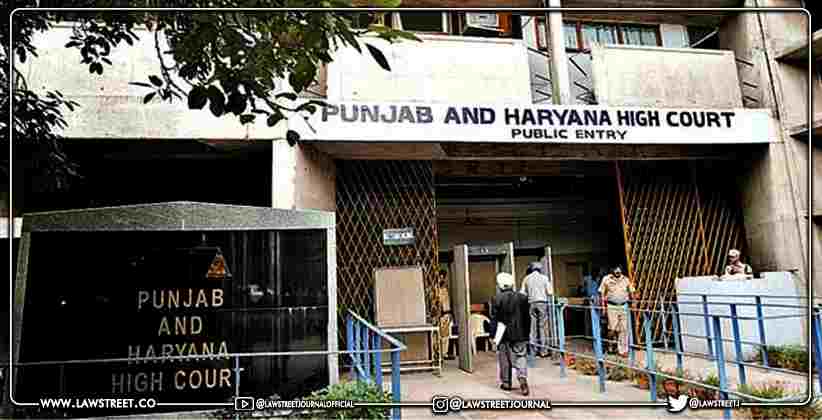The Punjab and Haryana High Court last week issued notice to the Centre, Punjab and Haryana States, and the UT Chandigarh government to evaluate whether the age of majority should be changed, quoting the Indian Majority Act, which was passed about 150 years ago (146 years to be exact).
Justice Amol Rattan Singh's bench also ordered the Home Secretary that the Chief Secretary shall inform the Court if there is any intention of introducing an amendment to change the age of majority upward.
The court while observing the Government stated that, This court feels compelled to issue notice to the Union of India, the States of Punjab and Haryana, as well as the UT of Chandigarh, to get in to the issue of whether the age of majority needs to be amended or not, the Indian Majority Act, 1875, being an Act enacted more than 150 years ago; notably with teens currently, who are commonly still students well into their 20s, while this was not always the case when the aforementioned Act was written.
The matter in brief
The High Court issued this directive in response to a protection petition submitted by a couple in a live-in relationship. The Court had ordered the State of Haryana to determine the couple's age when it heard the case on 29th June.
In response to this order, the state counsel presented an affidavit filed by Panchkula ACP before the Bench during the hearing last week.
According to the affidavit, the pair was above 18, with the male being three months short of 21 and the girl being slightly short of 19.
Court's directions
The Court noted that, due to the couple's age, the petitioners must be deemed adults (whether this is true psychologically or not is a different matter altogether).
Therefore, the Court said, There really is no need to use the provisions of the Prohibition of Child Marriage Act, 2006, if they have decided to live together and have confirmed no marriage between them. As a result, this court has no choice but to give instructions to respondents 2 and 3 to continue to safeguard the petitioners' life and liberty.
Ultimately, the Court stated that sending notifications is entirely within the legislative domain; but, because these types of instances are becoming more common these days, it is thought important to at least get the reaction of the governments concerned.
In a ruling issued last year by the Punjab and Haryana High Court, it was said that youngsters nowadays achieve both physiological and psychological maturity far before they reach the age of majority set by law.
According to Justice Sanjay Kumar, it is a scientifically proven fact that girls are more matured than boys of the same age, which is why the age of majority [for marriage purposes] is set at 18 for girls and 21 for boys.








